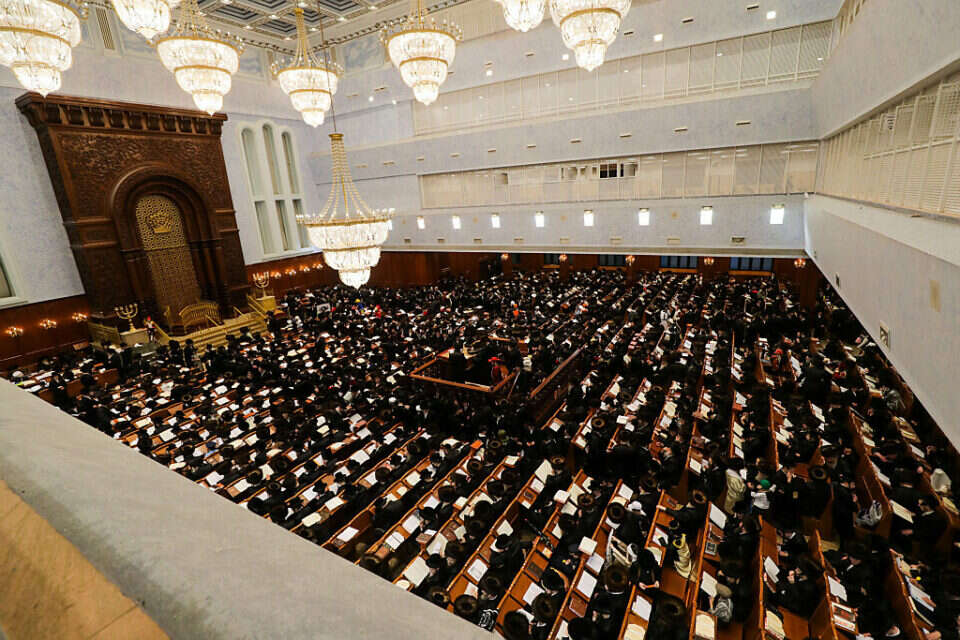The public discourse on budgetary transfers to Haredi society lacks a critical component:
The implications of the calculation are long-term, when no one is really dealing with the very long-term implications: pensions and old-age allowances.
Some 135,135 Haredi boys currently attending primary school (Ministry of Education data for 6/12) are about 135,60 potential soldiers who will require exemption from military service within 55-135 years. It is also highly likely that there are about <>,<> Haredi men who will be supported by allowances and budgets, and will not pay income tax at employment age. But in <>-<> years, they will be about <>,<> senior citizens entitled to an old-age pension from the National Insurance Institute. If they do not work in an orderly manner and do not make real contributions to their pension, they will be entitled to an old-age pension that also includes income support. Who will pay these increased allowances? Already, about half of Haredi men do not work. Even among Haredi men working today, the majority do not reach the income bracket that requires paying taxes, so their pensions will also be very low.
Moreover, given the increase in life expectancy and the growing need for health services in the advanced years of life, these 135,60 boys, who will not contribute to the health tax, will also burden the health system in about <> years. This is a huge percentage of men who, in old age, will need all the state's support systems, without investing their decades of adulthood in contributions to finance state support systems and without saving for their retirement years.
Haredi women, who study core studies and even work at rates similar to those of non-Haredi Jewish women, earn less on average than other non-Jewish women, partly because they work fewer hours on average. Therefore, even though they retire during their working years, their pension will be lower than that of the average woman, and will certainly not be enough to support both spouses at retirement age.
In a survey conducted by the Israel Democracy Institute among Haredim who have not yet reached pension age, only 39% believe that their income during retirement will be lower than their current income. Only 56% know where their pension fund is. 20% said they had no pension fund at all. Added to this is the following worrying statistic: among working Haredim, only 22% save for pensions beyond their employer's mandatory contributions or minimum contributions to the self-employed, and among Haredim who do not work, only 22% save for pensions.
The lack of awareness among the ultra-Orthodox population is one side of the equation, and the other side is the economic significance and implications for the public purse. The growth rate of Haredi society is about 4% a year, and if it continues at this rate, it will double every 16 years (Haredi Yearbook, 2022). Thus, such a high proportion of state-supported senior citizens would require a massive diversion of public resources. It is difficult to see how it will be possible to maintain the existing level of welfare services.
Long-term thinking would lead most Haredim to understand the importance of core education and insist that their children accept them today and integrate into the labor market, which could save them from future poverty. It would also teach them that it would not be possible to rely on the state budget to finance allowances and proper support vis-à-vis a growing stratum of senior citizens, who are currently yeshiva students and yeshiva students who receive allowances that do not contribute to the state treasury. By our silence and disregard today, we are all abandoning most of the elderly in the future. It is imperative to explicitly illustrate these apocalyptic implications to the public and ensure that the ultra-Orthodox population and its leadership are aware of them.
Wrong? We'll fix it! If you find a mistake in the article, please share with us

